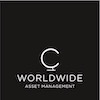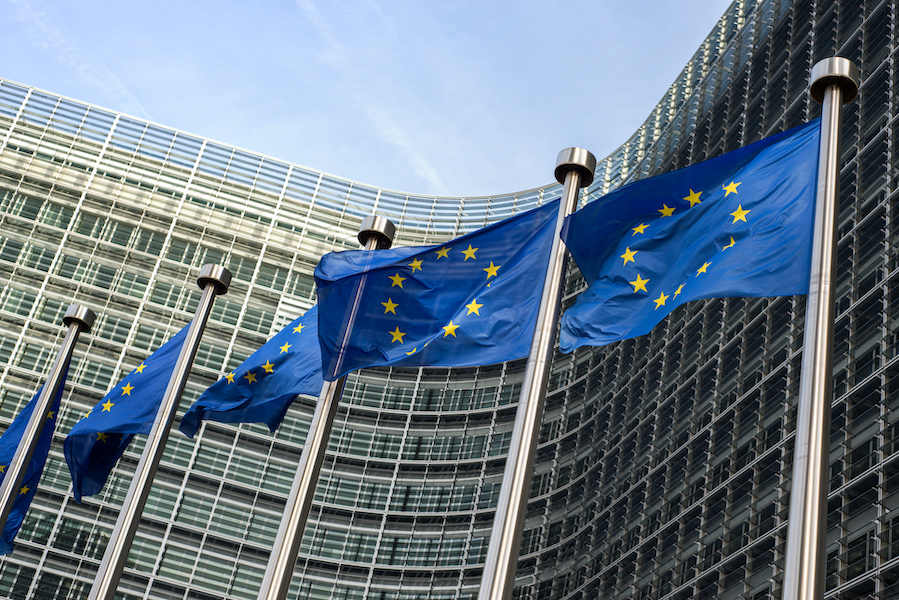

War is driving Europe closer together than ever before
Russia will pay a heavy price for Putin’s decision to go after Ukraine, says Morten Springborg, global thematic specialist at C Worldwide Asset Management.
- Featuring: Morten Springborg
- March 22, 2022 March 22, 2022
- 13:01

(Runtime: 5:00. Read the audio transcript.)
**
In the face of extreme Russian aggression, the European Commission has begun strengthening its economic and political mandates, says Morten Springborg, global thematic specialist at C Worldwide Asset Management in Denmark.
Speaking on the Soundbites podcast this week, Springborg said European nations have shown remarkable unity since the invasion of Ukraine by Russian forces, and they appear to be forging a new approach to military defence and economic policy.
“From a structural point of view, I think you should not underestimate the cohesion that’s going to be seen in Europe. We’re moving closer together, politically. And rearmament will now be happening on an unprecedented scale,” he said.
He said the European Commission recently assumed authority to issue common denominated debt, and is now talking about greater common defence policies, securing new sources for oil and gas, and issuing common debt to subsidize energy costs.
“This [military action in Ukraine] will lead, automatically, to a much, much closer cooperation between fiscal and monetary authorities in Europe,” he said. “One of the effects of this longer term is that Europe is going to grow up, and countries that previously were against deeper political integration will accept that it is unavoidable. This is going to happen.”
Meanwhile, the continent has been caught in an economic vice as war rages on its Eastern front.
“It is probably quite risky to invest in consumer discretionary, consumer staples and financials today in Europe,” Springborg said. “Of all the major regions in the world, I would expect that the likelihood of a recession is largest in Europe.”
The continent has been hit particularly hard by elevated prices for oil and natural gas, which are “sucking out purchasing power from ordinary Europeans.” Although the European Commission has recently calculated it could reduce its dependency on Russian energy by two-thirds through the end of 2022, Springborg says that is unlikely.
“I find that is highly, highly unrealistic,” he said. “There’s this assumption that we can simply buy gas on the international energy markets. But according to our sources there is basically no availability of cargoes that we could get to Europe. So, I think that is very, very wishful thinking.”
Springborg suggested it could take most of the next decade to wean Europe off Russian energy. “If we stay at these extremely high energy prices for, let’s say, a quarter of a year, I would expect that Europe in aggregate probably would go into a recession,” he said.
The European financial sector has also been hard hit since the beginning of hostilities.
Springborg said investors held high hopes during the latter part of 2021 for a new era of reflation, and the end of negative interest rates and quantitative easing — all of which would have benefited the financial sector. But now, with energy and food prices climbing rapidly, the European Central Bank’s plans are likely to be put on hold.
“Markets are reflecting that by dumping financials,” he said.
Another danger point is that some major European banks have ties to Russia.
“The loan books are not necessarily that big, but there are banks in Europe that have very, very large derivative positions in commodity markets,” he explained. “It’s very, very unclear what the longer-term effects are going to be on commodity markets from the closure of one of the largest commodity exporters. We really don’t know how banks in Europe are exposed to these kinds of risks. So that’s another reason why people have been selling financials.”
Springborg believes investor confidence will only return following a ceasefire.
“That would immediately lead to lower commodity prices, lower energy costs. And energy cost is a significant hindrance for European growth outlook,” he said. “We need to see a ceasefire and have a sense that stability is returning before we can talk about investors coming back.”
As tough as war has been on Europe, however, Springborg said far worse outcomes await Russia in the months to come.
“The Russian invasion of Ukraine is the biggest geopolitical event that we have experienced since World War II, and probably also one of the biggest own-goals ever made by a Russian leader. Putin has, with the invasion of Ukraine, probably ensured that the Russian economy is going to implode.”
He said sanctions against Russia could lead to hyperinflation in that country in short order. Russia will be excluded from commerce with the west — a fate that would cripple its war machine since many of its vital military components come from western companies.
“Maybe that is what’s ultimately going to stop war in Ukraine,” he said. “Russia will simply be unable to continue its efforts when they run out of spare parts.”
**
This article is part of the Soundbites program, sponsored by Canada Life. The article was written without sponsor input.
